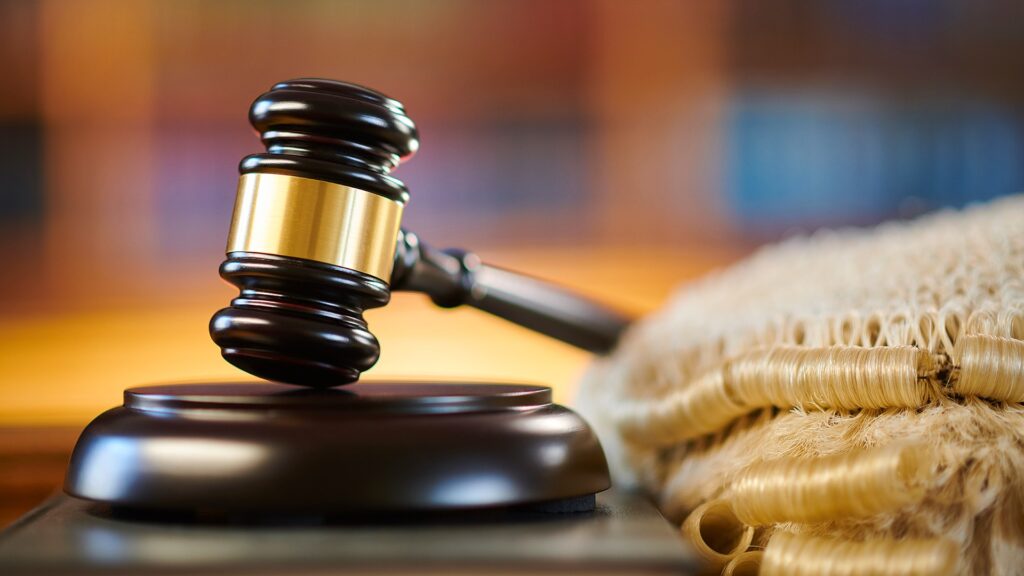
Criminal defense is a strategic argument that attempts to challenge the validity and sufficiency of the prosecution’s evidence. The prosecution also referred to as the state, is the party trying to prove the criminal charges against the individual. The legal counsel of the accused is supposed to either plead innocence, self-defense, insanity or constitutional violation. In any case where the accused is guilty of all charges against him or her, the legal representative is to plead with the court to reduce the sentence granted by the judge based on remorse on the part of the accused.
The only way you can achieve justice in a criminal case is through the zealous advocacy of a criminal lawyer.
It's advisable to exercise your right to remain silent and contact an attorney as soon as possible. Do not make statements to law enforcement without your attorney present.
An arraignment is the initial formal proceeding before a court in a criminal matter. Generally, the court will announce the charges that have been filed against the defendant. The defendant will enter a plea or often times the court will enter a plea of not guilty on the defendant’s behalf. The prosecutors can ask the court to enter an order of detention or in some cases, restrictions on the person’s freedoms if they are released. The arraignment happens after a criminal complaint is filed by the police, after an individual is arrested and charged.
A felony is a more serious criminal offense whilst a misdemeanor is generally a less serious criminal offense.
Yes, a warrant is removed upon the appearance of the individual before the court. The existence of a warrant generally means that a criminal charge is pending before a court and that the court has made a preliminary determination that there is “probable cause” that the individual committed the criminal offense.
Chat with Us